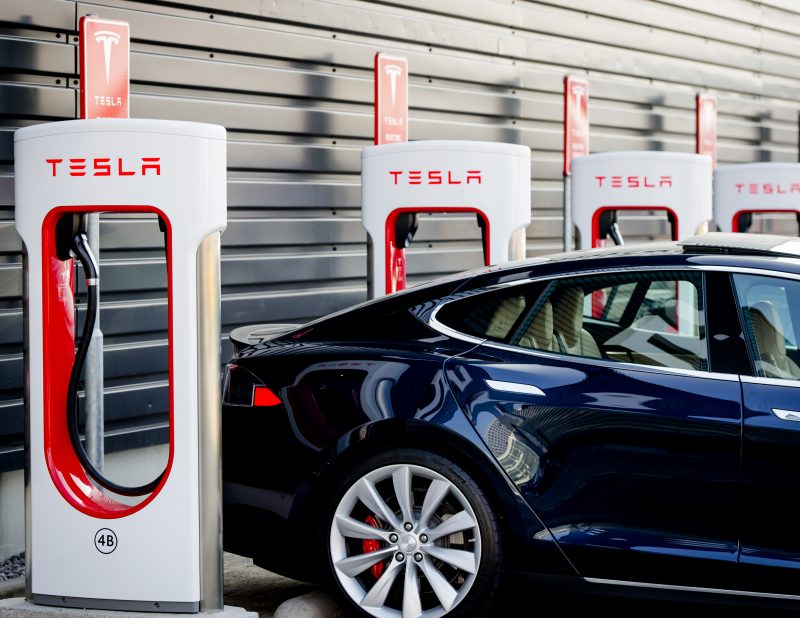- OpenAI pressured departing employees to sign NDAs or risk losing vested equity, Vox reported.
- Equity is crucial in tech compensation, often outweighing lower starting salaries.
- CEO Sam Altman and OpenAI said they will not claw back equity.
OpenAI's turbulent month continues, with a series of stories highlighting how the company has pressured departing employees over tech's most precious commodity: stock.
A Vox story on Saturday said the company could take back vested equity if departing employees did not sign a non-disparagement agreement.
Equity often makes up the majority of tech employees' compensation packages. They trade relatively lower starting salaries for big upside potential years later — if a company makes it big, their equity could be worth millions of dollars.
"For a company to threaten to claw back already-vested equity is egregious and unusual," California employment law attorney Chambord Benton-Hayes told Vox.
On Saturday, OpenAI CEO Sam Altman said on X, "Vested equity is vested equity, full stop."
A new Vox story questions the CEO's tweeted claim that he "did not know this was happening." Wednesday's Vox report cites unnamed former employees and leaked OpenAI documents.
An April 10, 2023 document seen and published by Vox on Wednesday shows that Altman signed incorporation documents for the holding company that handles OpenAI's equity.
The document, in Vox reporter Kelsey Piper's words, "contains multiple passages with language that gives the private company near-arbitrary authority to claw back equity from former employees or — just as importantly — block them from selling it."
Compensation packages in the tech industry, especially at startups, often include shares of equity and provisions around how investors, including employees, can sell their shares before a company goes public. Startups typically want to manage who owns pieces of equity.
Employee told not signing could impact equity
Vox noted that OpenAI's type of NDA was unusual.
Separation agreements with the NDA language were signed by OpenAI execs, including general counsel and chief strategy officer Jason Kwon. Vox reported that Kwon apologized internally for the language in the documents, which had been standard since 2019, saying, "The team did catch this ~month ago. The fact that it went this long before the catch is on me."
Altman on Saturday said on X that OpenAI had never clawed back anyone's equity and will not do so, even if employees don't sign a non-disparagement agreement.
"This is on me and one of the few times i've been genuinely embarrassed running openai; i did not know this was happening and i should have," he posted on X.
On Wednesday, an OpenAI spokesperson told Business Insider:
As we shared with employees today, we are making important updates to our departure process. We have not and never will take away vested equity, even when people didn't sign the departure documents. We'll remove nondisparagement clauses from our standard departure paperwork, and we're releasing former employees from existing non-disparagement obligations unless the nondisparagement provision was mutual. We're communicating this message to former employees. We're incredibly sorry that we're only changing this language now; it doesn't reflect our values or the company we want to be.
The Vox report said some former employees were given seven days to sign their separation agreements. OpenAI pushed back against at least two employees who asked for more time to review the agreement, Vox reported.
Not signing "could impact your equity," OpenAI told one of them, per Vox.
OpenAI has had a rough week following a well-received demo of its new model GPT-4o. On Monday, it was revealed that Altman had asked Scarlett Johansson to voice OpenAI's new assistant and she declined. Still, last week's demo immediately drew comparisons between the since-pulled "Sky" assistant voice and Johansson's. She is retaining legal counsel.
This Sky incident, multiple high-profile departures, the dissolving of the company's Superalignment team, and the Vox reports have led to questions about the running of the company that is at the forefront of building potentially world-upending AI technology.










